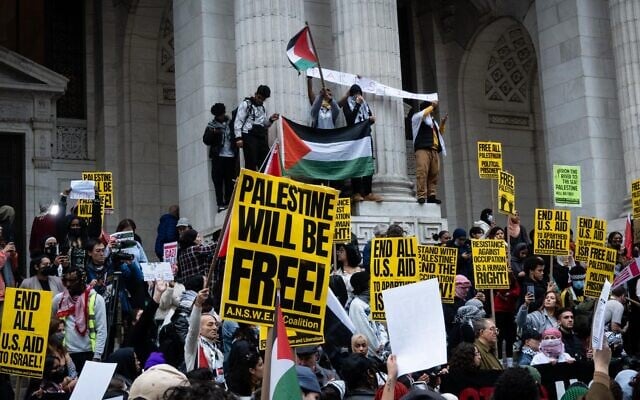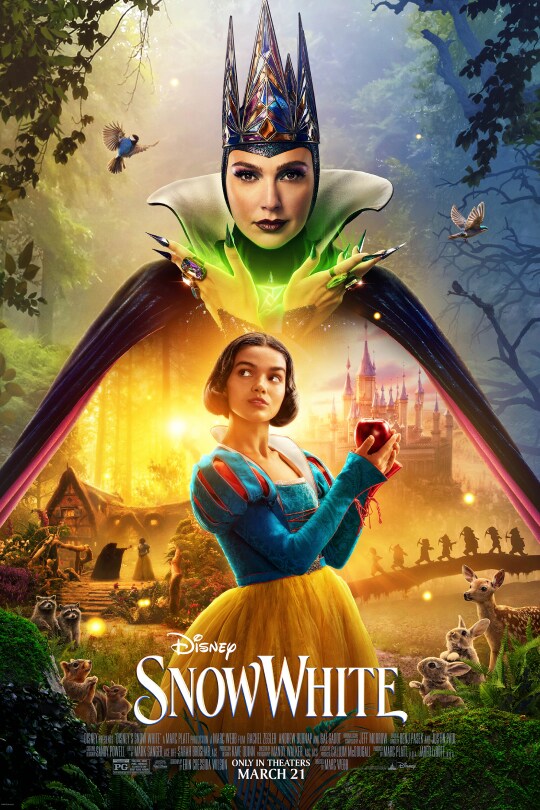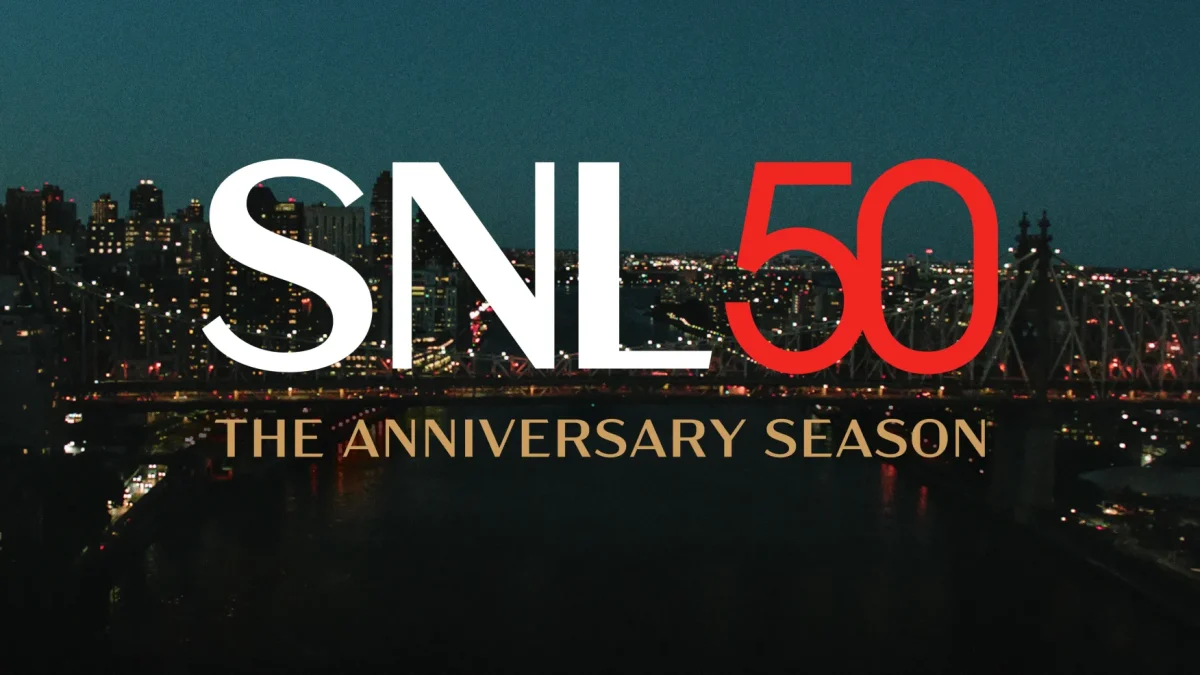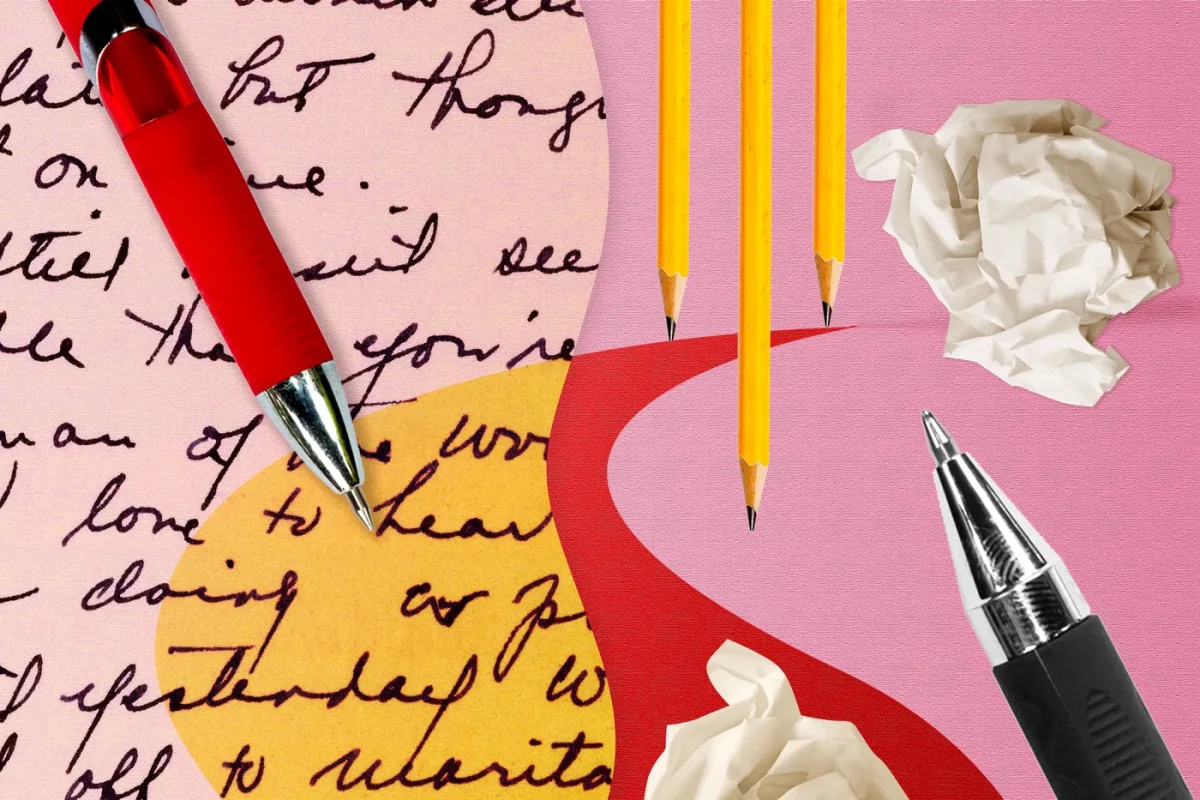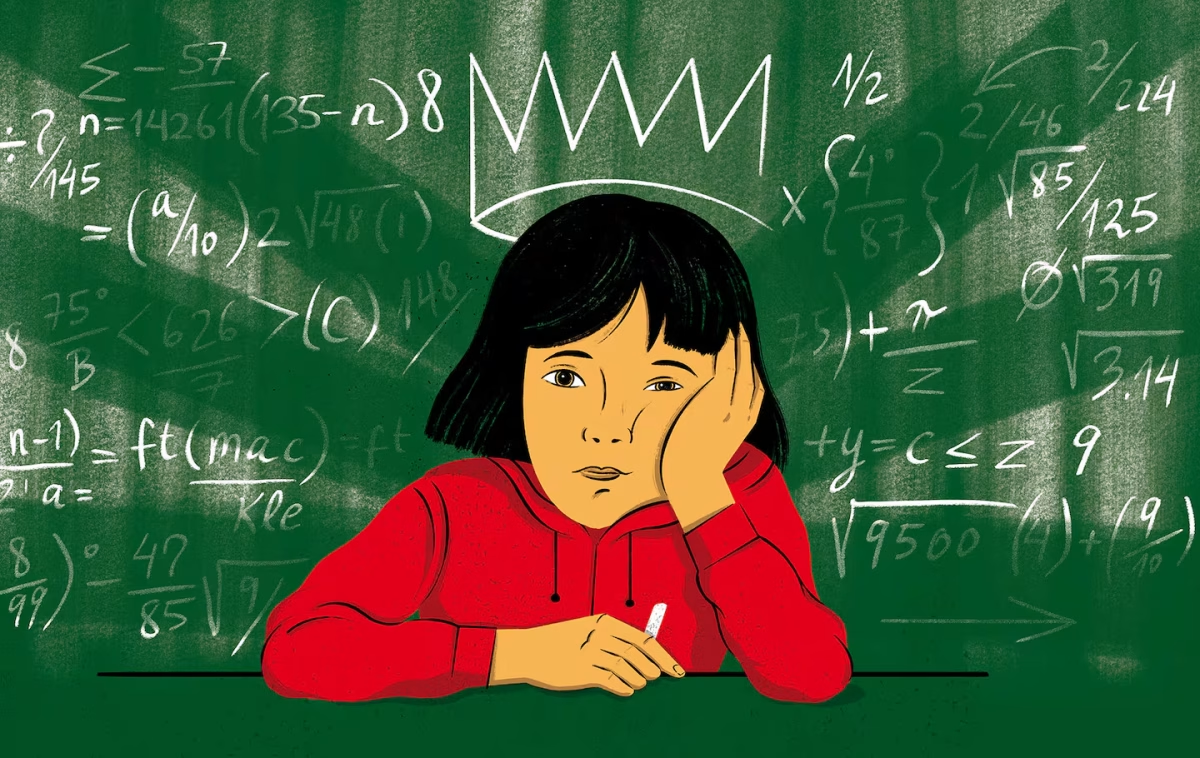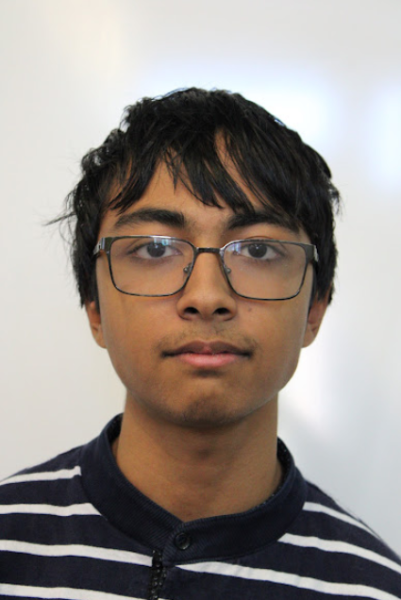The movie of the year has arrived, and it isn’t a superhero feature, or a legacy franchise, or even a palatable popcorn-flick. Without competition, it is Denis Villenneuve’s Dune: Part Two. Since its March release, the sci-fi sequel has garnered over $660 million at the worldwide box office, blowing away expectations by becoming an undeniable hit. Critics and fans alike have praised the movie for its complex themes and stunning visuals, which have in turn introduced a new generation to Frank Herbert’s epic series.
Despite the film’s receipt of significant attention, it is not for the usual reasons. There’s been a flux of online discourse regarding the protagonist, Paul Atredies, Duke of Arrakis (played by Timothée Chalamet). His role in the movie has sparked debate, as viewers are divided on his actions and intentions in the film. Even in surrealist director David Lynch’s 1984 adaptation of Dune and the Syfy miniseries, the character of Paul has been an intriguing and enigmatic part of the universe. But the role that Paul plays in the story is not only revealing of the true meaning of Dune, but brings light to the story behind what allows a man like him to attain such power.
Paul Atredies is the son of Duke Leto of House Atreides, who is to take control of the desert planet known as Arrakis. Arrakis holds great significance as it houses the galaxy’s most valued substance, Melange, often referred to as “the spice.” It functions as a powerful psychoactive drug that humans can use to access a heightened awareness, which is essential for space travel following the ban of computers and all other thinking machines. The only issue is that this asset can be found only on Arrakis, where the heat is harsh and the sandworms are plentiful.
Following a royal coup, the now exiled Lady Jessica and Paul are forced to survive on the planet with the Fremen, a race of people who have adapted to the planet and are willing to aid the two on their quest for vengeance. But their reason for providing this aid is not out of some warm compassion. They believe that Paul is the Lisan al-Gaib, the prophet who will save the Fremen and lead them to a bounteous paradise. It is through this belief that Paul manages to get his revenge and force the Emperor to abdicate the throne in his favor.
Dune ends with Paul as the Padishah Emperor of the Known Universe, wielding unimaginable power and absolute control. By taking the throne, however, Paul realizes that he has set the events necessary for the Jihad in motion, a holy war that will slaughter billions in his name.
The tale of Dune is neither apolitical nor coincidental. It is intrinsically intertwined with tales of imperialism, messianic saviors, and the all-corrupting nature of power. At first glance, it appears to be a simple hero’s journey in a science-fiction world meant for pure escapism. But Frank Herbert draws direct parallels from the world of Dune to our own. Whether it be through the company of CHOAM being translations of the real life OPEC or the use of the Arabic language as terms in the novel, it is clear that the novel is not entirely mythical. Frank Herbert was inspired by his years as a journalist and the political climate of the 1960s as much as he was by philosophy and religion. This all culminates in a complicated sci-fi saga that explores heavy topics juxtaposed with grand visions of intergalactic conflict.
Paul’s place in all this lies in his very own “terrible purpose.” Despite what the Fremen have crowned him as, he is well aware that he is no savior. Even on his supposed hero’s journey, he takes advantage of religious fundamentalists and commands grand attacks to ensure his survival. Ultimately, it is revealed that the prophecy of the Lisan al-Gaib was a fabrication put in place by the Bene Gesserit (of which Lady Jessica is part) in order to consolidate power among Fremen society. Yet even after learning that he was not of a divine augury, Paul continues to use his elevated status among the Fremen to take advantage of them for his own benefit. In the film adaptation, Lady Jessica is shown actively convincing the Fremen of the false tale to guarantee Paul remains the Messiah of the people.
Throughout the entire novel, from the moment he is introduced, Paul’s dreams play an important role in the story. Paul is plagued by visions of war and the desert, and he dreams of himself in a role in which he has power that corrupts him. In both the novel and movie, he makes conscious decisions to resist this future in fear of the consequences that will arise. Although he manages to fend them off for a while, he slowly succumbs to the fated path and decides to let it overtake him by the end. He knows he is no savior, and that he will not bring any salvation to the people of Arrakis. But he knows that those who have power over the spice have power over all, and he uses his position to grasp this power.
The events of Dune could be seen as a reflection of the events occurring in the Middle East from Herbert’s perspective, as the oil invites powers who wish to seize production for themselves, at the expense of those who lived there. Instead of focusing on the issue from a modern, political viewpoint, he forgoes this option completely. Herbert sets the novel in a more feudalistic time, with Emperors and Houses that have control over land and resources. He then uses stories of prophets to criticize the nature of putting blind belief into a charismatic leader. He depicts leaders, like Paul Atredies, as pathological, tyrannical, and willing to do whatever it takes to secure the power they crave.
There has been division among viewers about whether Paul should be considered the hero of Dune, whether his actions are justified, and whether he is making the right choices. Some understand his actions as necessary to survive and regain the power that was unjustly stolen from him. Others believe that he is a more nefarious character who perpetrates and uses violence as a way to grasp power that he should not have. The ambiguity has left certain audience members unsure of who they are supposed to be supporting, but it can be interpreted that the dilemma is the point of Dune, a novel in which no one’s intentions are pure or entirely selfless. It’s a realistic take on the politics of power struggle in a space society thousands of years into the future. Defying typical convention, Dune stands as a relevant rejection of leaders who claim to be the solution and those who plot to steal the world for themselves. It’s not an epic hero’s story, but a cautionary tale of who you believe in and what greed can bring.


